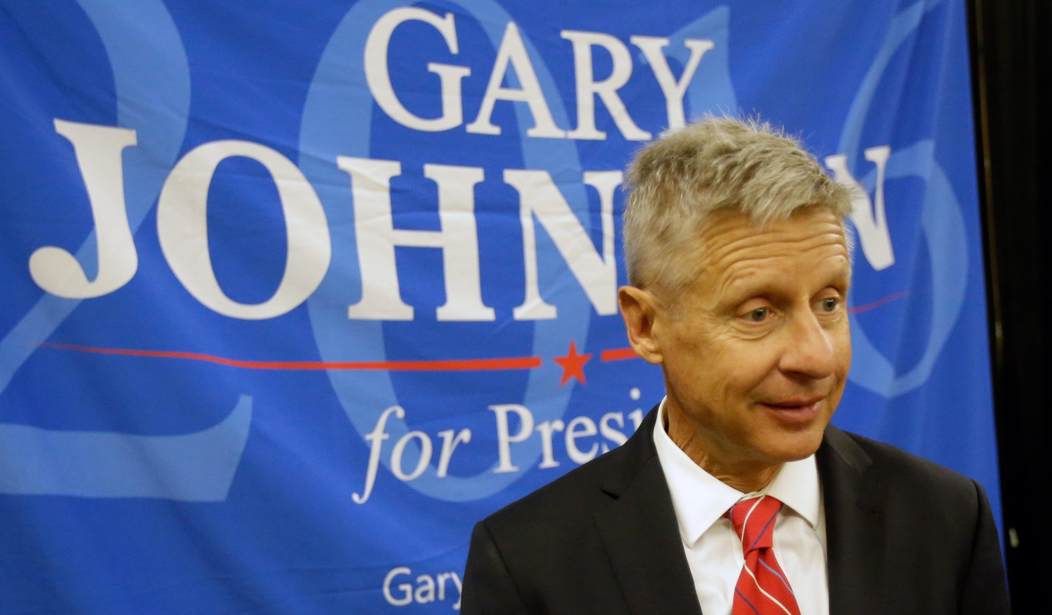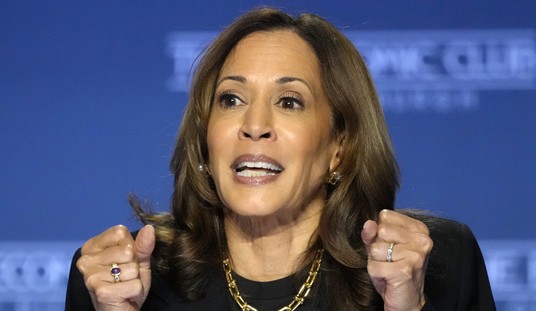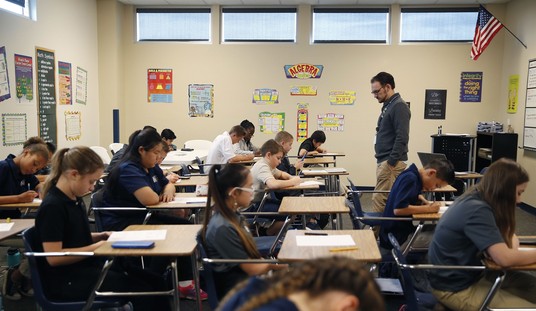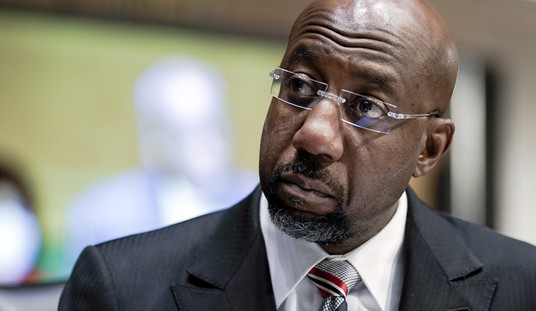It’s not yet “game over” for Libertarian Gary Johnson’s bid to qualify for the first presidential debate, but his hopes are getting slim.
To earn an invitation to the first debate, the former New Mexico governor needs to gain more than 5 points in his average score in the five national polls the debate commission has picked as its criteria. And he has just two weeks to do it.
To pull that off, Johnson will have to overcome an upcoming polling methodology shift that’s likely to work against him, another third-party candidate who seems to be siphoning his support and a campaign strategy that was never aimed at boosting his status in national polls.
The debate commission has said it will only invite candidates to the debate who score above 15 percent in five national polls — surveys from ABC News/Washington Post, CBS News/New York Times, CNN/ORC, Fox News and NBC News/Wall Street Journal — as of “mid-September.” A POLITICO analysis of the most recent surveys from these pollsters pegs Johnson’s average, currently, at 9.2 percent.
Johnson’s 9-point-plus standing came through polls of registered voters, but in the coming weeks, many of the five network pollsters are switching to polls of likely voters, a smaller subset of the population among whom Johnson has thus far scored slightly worse. In the three August polls that included results for both registered and likely voters, Johnson scored a point worse among likely voters in two of them, and his share was unchanged in the third.
If the debate commission decides to use likely voters to decide who gets on stage for its Sept. 26 debate on Long Island, Johnson’s path to a podium gets all the more complicated.
With all of the “rigged” election talk this year, there is no greater example of it than the fact that this is all set up to perpetuate a two-party system. Normal Americans don’t start paying attention to presidential elections until after Labor Day. A debate system largely based on how much attention a candidate garners prior to that obviously favors the two major parties.
There are any number of ways to change the system to allow a third-party candidate or two in, like making the debates feature the top three or four in the polls. One reason that won’t happen is that the debates aren’t really debates. They’re really “let’s make the Republican look bad while fluffing the Democrat” infomercials. The presence of a third candidate would severely disrupt this model, especially if the third candidate is a Libertarian who probably reflects the opinions of the coveted independent voters. If the former Republican Johnson were only going to siphon votes from Trump, you can bet the networks would be bending rules to get him in post-haste.
There are still groups lobbying to get Johnson in the debates even at this relatively late hour, however.
There is one thing that isn’t often discussed lately: Johnson isn’t a very good debater. As one who was professionally obligated to watch the 2012 GOP primary debates, I remember this quite well. Trump’s bombast and Hillary’s shrill cackling could make him disappear.
He is a better candidate this time around though, and maybe he’d be a little more animated and forceful. I’ve seen him get worked up over a topic while interviewing him, so it’s possible.
The two-party system has failed us time and again, but never more than it has in 2016. Steps have to be taken to break it, and a little rule bending here might go a long way towards saving the republic.










Join the conversation as a VIP Member